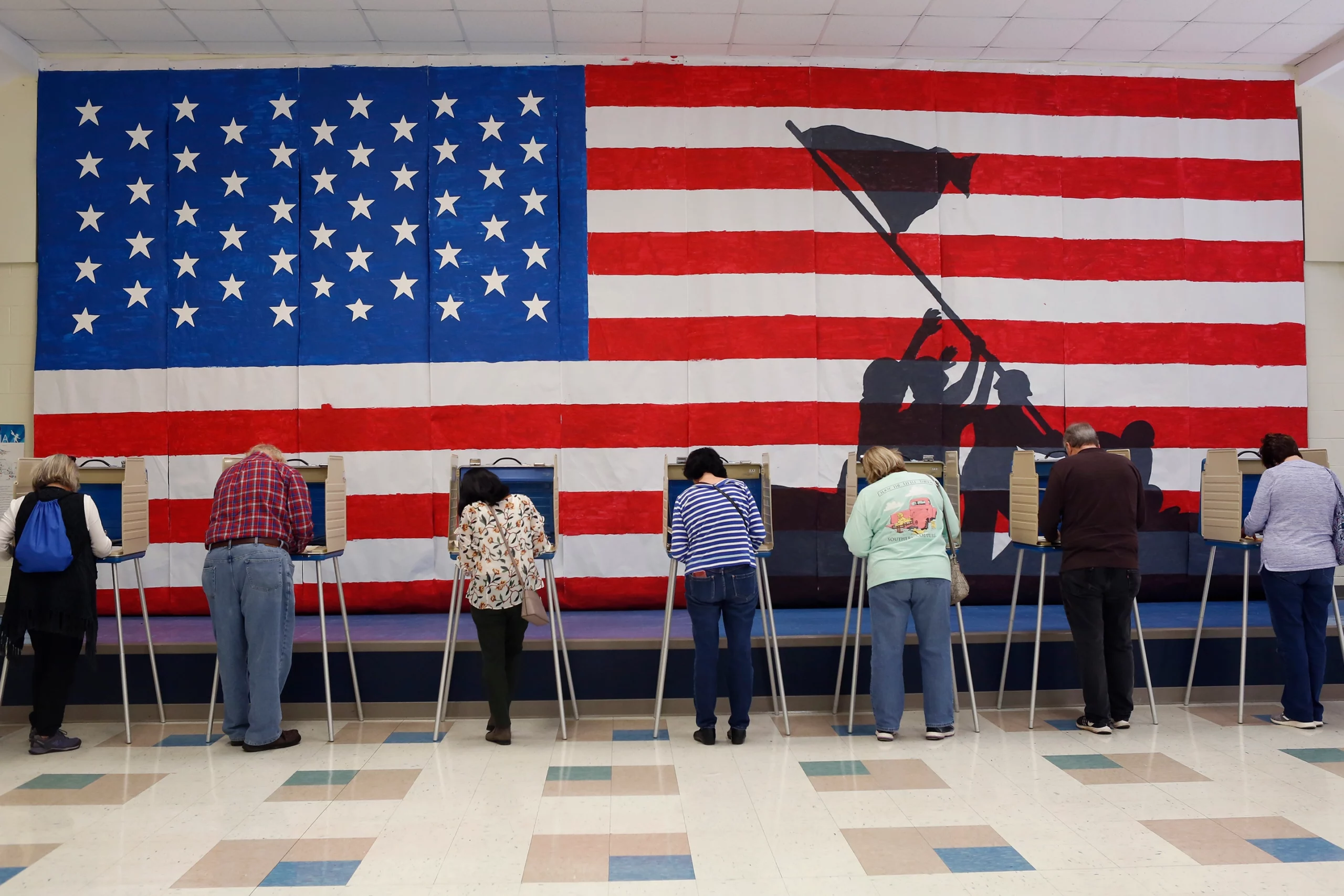Already a subscriber? Make sure to log into your account before viewing this content. You can access your account by hitting the “login” button on the top right corner. Still unable to see the content after signing in? Make sure your card on file is up-to-date.
Texas has announced that they have removed over one million voters from its registration rolls since the last presidential election.
What’s the deal: According to Texas officials, their effort targeted individuals deemed ineligible to vote, including nearly 7,000 noncitizens who had registered illegally, with about 1,930 having a voter history. Additionally, around 6,000 were convicted felons not legally allowed to vote, 500,000 had either died or moved out of state, and 463,000 were removed for not responding to certification forms.

What officials are saying: In a statement, Texas Governor Greg Abbott said, “These reforms have led to the removal of over one million ineligible people from our voter rolls in the last three years, including noncitizens, deceased voters, and people who moved to another state. Illegal voting in Texas will never be tolerated. We will continue to actively safeguard Texans’ sacred right to vote while also aggressively protecting our elections from illegal voting.” The Governor added, “Illegal voting in Texas will never be tolerated.”
Digging Deeper: After the 2020 presidential election, some Republican-controlled states, including Texas, introduced new voting laws to tighten election procedures. These laws include setting standardized statewide voting hours, banning drive-through voting, restricting mass distribution of mail-in ballot applications, and increasing access for poll watchers. These states argue that these changes were made to preserve the integrity of the voting process.
Another view: Critics of these voting restrictions argue that they disproportionately affect minority voters, people with disabilities, and low-income communities. Specifically, they say these restrictions make it harder for these groups to exercise their right to vote.






